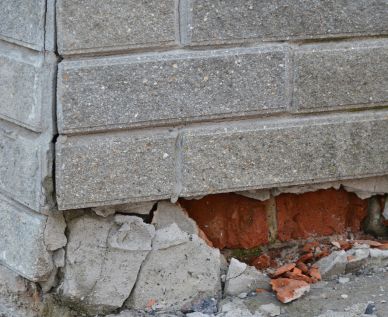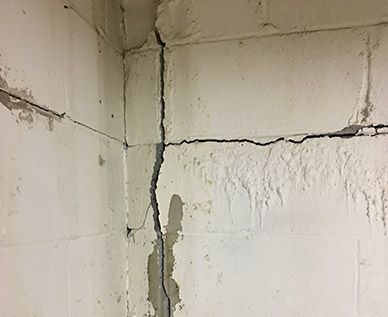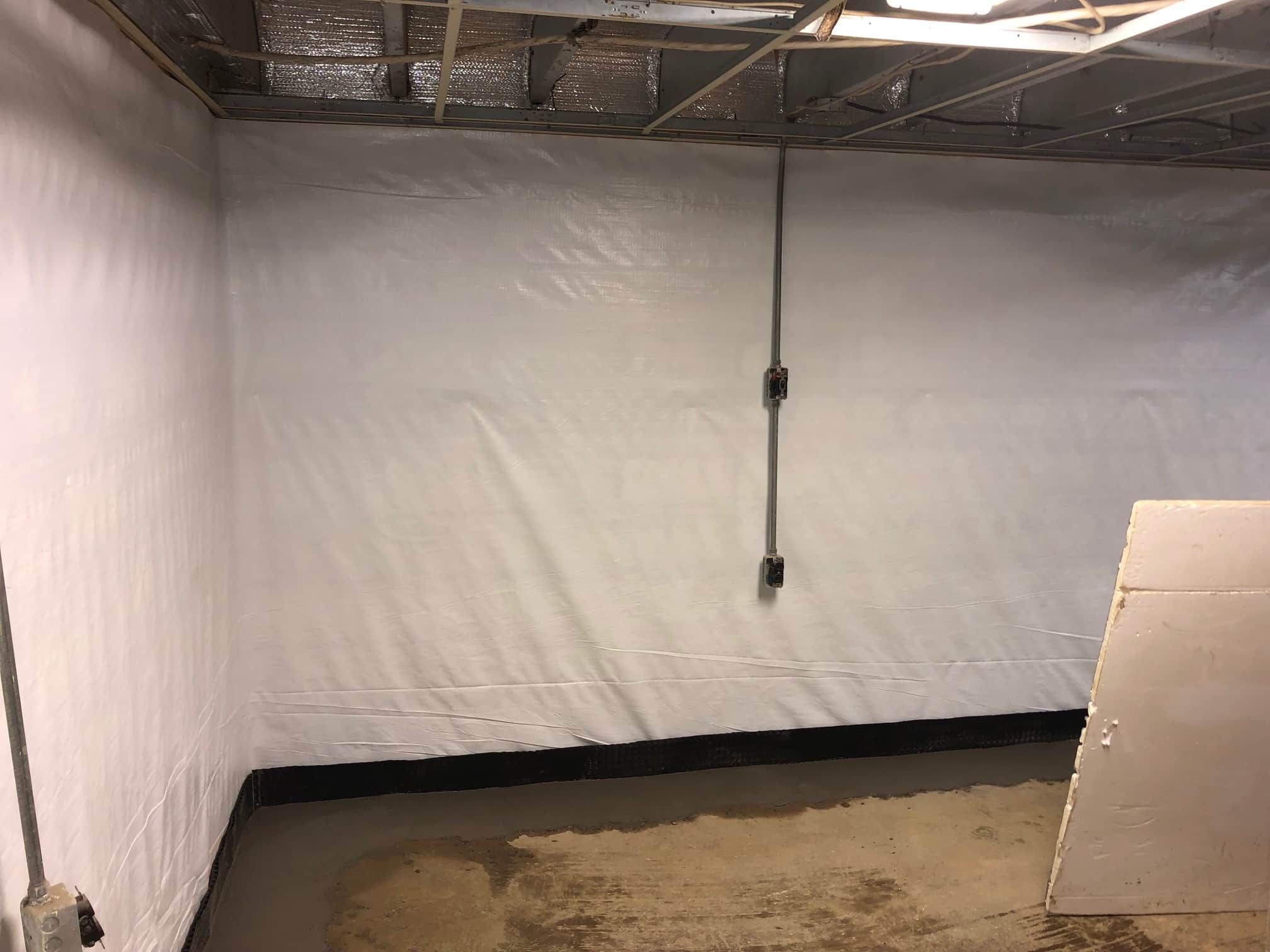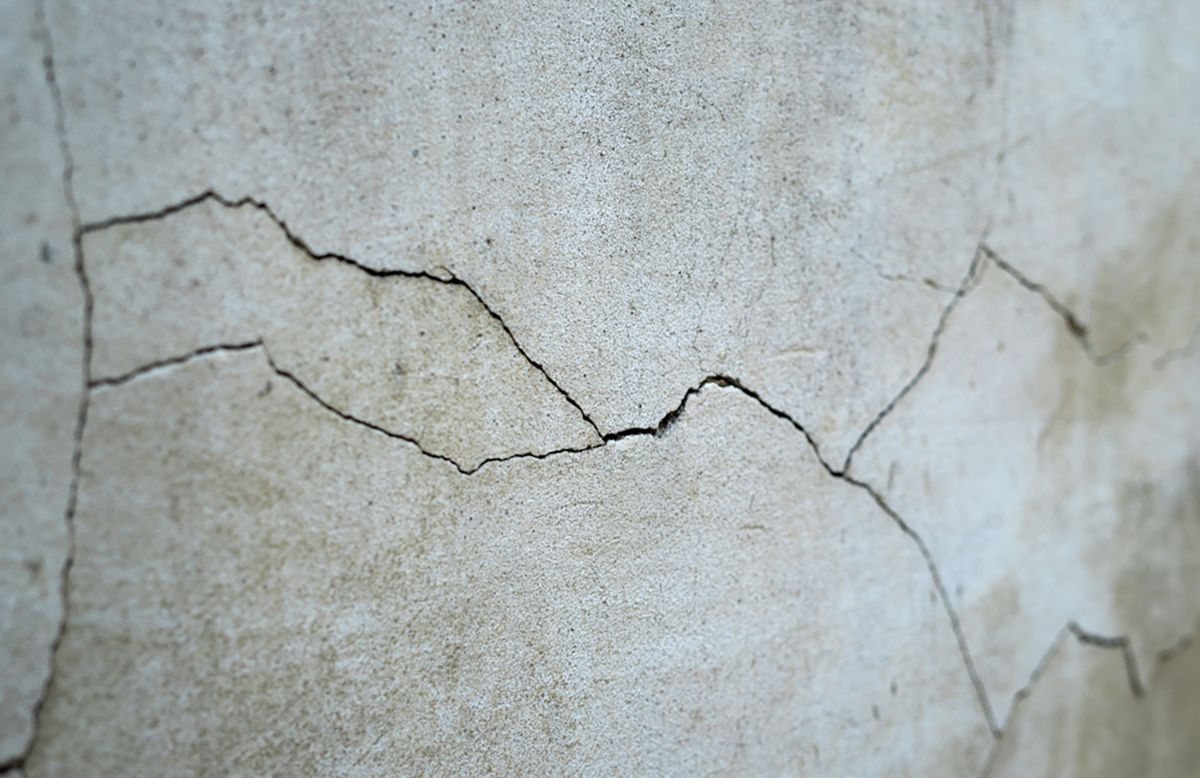Raising the Standard: Repairing Uneven Floors in Your Home’s Foundation
Uneven floors can be a major cause for concern for many homeowners, as the shifting of the foundation beneath your home can have serious consequences if left untreated. This article will discuss the causes and consequences of uneven floors in the home, as well as provide step-by-step guidance for repair and leveling of the foundation, tips on when to call a professional for help, and advice for long-term foundation maintenance and floor leveling.
Uneven Floors: Causes and Consequences for Your Home
Uneven floors can be a major inconvenience in any home. They can cause all sorts of damage, from harm to furniture to damaging the home’s structure itself. Uneven floors occur for a variety of reasons, including improper installation, environmental changes, and wear and tear over time.
One of the biggest causes of uneven floors is improper installation. If a floor isn’t level when first installed, it can develop an uneven surface as it settles. This could be the result of inaccurate measurements and calculations or simply not taking the time to level the floor properly during installation.
Environmental conditions are another factor that can cause uneven floors in a home. Temperature and moisture can cause a floor to expand and contract. Wood floors are particularly susceptible to this since they will rise and fall with fluctuating temperatures. Additionally, plumbing issues can cause floors to become uneven and wavy when water is introduced to them.
Other causes of uneven floors include normal wear and tear over time. Movement of furniture can cause some parts of the floor to sag compared to other parts. While engineered wood floors are engineered to be resistant to warping, they can still become uneven if they are subjected to high levels of moisture or temperature and humidity changes.
However, it’s important to note that even the best maintained and installed floors can become uneven over time. Regardless of the cause of the unevenness, it can have serious consequences for the safety and security of your home. An uneven floor can be a tripping hazard, causing injury or damage to whatever is placed on the floor. Uneven floors can also lead to water seepage through walls, ceilings, and other parts of the structure, leading to water damage and mold growth.
In addition, uneven floors can cause furniture to wobble and eventually become damaged. Poorly fitting window sills, doors, and other fixtures can result from the unevenness, causing them to wear out faster. All of these consequences can result in higher long-term costs of owning and maintaining a home.
An uneven floor can be repaired. A subfloor can be leveled by patching with concrete or by installing additional flooring. All flooring materials should be replaced if possible to ensure a level floor.
Similarly, the underlying structure should also be assessed and repaired if needed. Ensuring the proper amount of insulation, screening, and other material is in place can help minimize the risk of uneven floors in a home.
Being aware of the causes and consequences of uneven floors in the home is the best way to make sure the issue is properly taken care of. Taking preventive measures, such as proper installation, maintaining good insulation, and periodically checking for any potential issues can help keep your home safe and secure.
Step-by-Step Guide to Repairing and Leveling Your Foundation
Repairing and leveling your foundation can be a complex, multi-step process. However, with the right knowledge most homeowners can complete the project with relative ease. This guide will provide a step-by-step overview of the entire process, from obtaining a permit to undertaking the actual repair and leveling work.
The first step is to contact a qualified contractor and obtain the necessary permits for the project. The contractor can assist in obtaining local permits, which vary from one locality to another. Moreover, they can assist in preparing the documents necessary to apply for the permits and obtain the needed signatures.
The next step is to determine the problem and plan the project. This requires a thorough inspection of the structure, both inside and outside, to determine the work to be done. If the repair includes jackhammering, the contractor will determine where the hole can and must be organized. Once the project is planned, the contractor can provide an estimate of the cost and a timeline for the project.
On the other hand, if the repair does not involve jackhammering, such as caulking or injecting grout, the contractor will need to dig up any soil covering the foundations and inspect it. This should be done before determining the project’s cost and timeline.
In addition to the foundational work, it may be necessary to make additional structural repairs. This includes fixing any cracks, holes, or other problems that could cause structural weakness. The contractor may also need to construct additional supports or braces to support the existing structure and ensure its stability.
Similarly, soil must be removed from around the foundation, particularly if the repair involves digging up soil or adding soil to the foundation. This is a very important step, as the soil must be level to ensure the structure’s stability.
If the repair includes digging, the contractor will need to backfill with soil and compact it to create level ground. This is a very important step to ensure a strong, stable foundation for the structure.
The final step is to inspect and level the foundation. This is done using a level or laser to ensure the foundation is level. Once the foundation is properly leveled, the contractor can seal off any cracks or gaps by adding caulk or grout.
As a result of following these steps, the foundation should be properly repaired and leveled. It is always best to contact a qualified contractor who has experience with foundation work, as they can provide the necessary guidance and expertise. This will ensure the project is completed correctly and safely.
Uneven Floors and When to Call For Professional Help
Uneven Floors can be a nuisance to any homeowner or renter as they can cause everything from safety hazards to visibly noticeable damage in a space. Uneven floors occur when the subflooring underneath the surface of the floor starts to warp, causing a difference in height from one spot to another. This can make the floor uncomfortable and unsafe, as it can cause tripping when transitioning from one area of the floor to another. Uneven floors can put strain on the foundation of a building if left unchecked.
On the other hand, many times, uneven floors can be fixed without calling a professional. Using floor levelers and self-leveling cement are just two of the materials and products available to homeowners or renters to fix these problems. Similarly, shimming the ends of a warped piece of wood, or adding tar paper over a warped area of subflooring can help level out your floors. Additionally, tapping the boards with a hammer or screwdriver can help bring them in level with the rest of floor.
Nevertheless, there are certain cases where homeowners should call on a repair professional to help level the floors. For instance, if the area affected is larger than four to six inches, the floor may require more than just some shimming or self-leveling cement to fix. Similarly, if the floor is made of concrete, warped areas often require a more specific product to fill and level the area. In these instances, it is best to call a professional as the tools and skillset to properly repair your floors may require more than what a homeowner can bring to the job.
If a renter or homeowner notices more than just an uneven floor, they should call on a professional right away. If any visible signs of the foundation of the structure failing due to the uneven floors, then it becomes extremely important to call for help immediately. If there are any visible cracks in floors or walls, these often point to more severe foundational damage or instability, and should be inspected by a professional.
Consequently, it can be difficult to decide when a homeowner should call for help or if they can just fix the issue themselves. In most cases DIY fixes on the surface can help, however, bigger issues undoubtedly call for outside help. When dealing with uneven floors, be sure to inspect for any visible signs of larger foundational issues and contact a professional if they suspect anything larger than a minor warping.
Tips for Long-Term Foundation Maintenance and Floor Leveling
Foundation maintenance and floor leveling is an important part of keeping a building well maintained and in good repair. However, it can be a daunting task, especially if it is necessary to undertake long-term maintenance. There are certain tips and tricks which can help make the process easier, ensuring your building remains in top condition for the long term.
Firstly, it is important to regularly inspect the building. Things such as changes in soil moisture or drastic temperature shifts, can cause the building’s foundation to settle unevenly. Therefore, keeping an eye on the building for any shifts, or if walls or windows become misshapen, could be an early warning signal of potential problems.
Making sure the existing drainage is adequate and properly installed, is key maintaining a sturdy foundation. In addition, if the existing drainage is not up to par, addressing the issue promptly and correcting it, will stop water damage from happening.
It is also important to check for settlement of the building’s foundation following any major weather-related events. Similarly, if your area is prone to flooding, you may want to be prepared and take extra precaution when building or reinforcing the foundation.
When attempting to level the floor in a building, double-checking measurements is crucial. Correctly measuring construction materials such as posts, lumber, concrete, shims, and secure fixtures is key for successful floor-leveling.
Finally, if your building is showing signs of irreparable deterioration, it may be a smart idea to consult professionals to examine and diagnose the issues. Knowing the potential scope of the distress, may assist in taking action sooner rather than later.
In contrast to immediate foundation repairs, long-term maintenance is a more cost-effective approach in preserving a buildings foundation and leveling. As a result, taking the tips mentioned into consideration can help ensure the safety and longevity of the building. Consequently, these small preventative measures, could save you from bigger repairs down the line.
Final Thoughts
Uneven floors can be an issue for homeowners due to the potential structure damage and safety risks they pose. To assess any foundation issues that may be causing the uneven floors, the homeowner should be aware of visible signs such as cracks, bowed walls, sticking window or door frames, and water draining to the foundation. Homeowners can use a laser level to find the areas that need to be filled in for leveling the floor. If the repair is done properly, a good foundation can last a lifetime. For areas around the home that may require more attention like crawl spaces, it is best to seek professional help as they are prone to water, mold, and unexpected accidents. Long-term maintenance can help prevent most situations like uneven floors from occurring. This includes keeping an eye on the foundation for any visible signs of damage, inspecting the flooring from time to time, and making sure to waterproof the foundation as needed.
Frequently Asked Questions
What are the common signs of uneven floors in a home’s foundation?
Common signs of uneven floors in a home’s foundation include sagging, sloping, uneven gaps between the walls and the floor, and cracks in the walls, floors, or foundation. Additionally, doors and windows may not open or close properly and there may be signs of sticking, squeaking, or bowing when the floor is walked on.
What causes uneven floors
Uneven floors can be caused by several different factors. The most common cause is settling caused by the house settling over time, which can cause parts of the house to settle at different rates. This is especially common in older homes. Other causes include improper installation or repairs of the flooring, such as incorrect tiling or improper adhesive application. Poorly poured or finished concrete can also cause inconsistencies in the flooring. Finally, poor underlying subfloor construction can lead to uneven floors, as can warped joists.
and how can I address them effectively?
To address an issue effectively, it is important to identify the root cause of the problem, develop a plan to fix it, and implement the plan. Additionally, communication with stakeholders involved is key to ensure that everyone is on the same page and understands the scope of the problem and the plan to address it. Finally, checking in often to assess progress and make adjustments from any changes is essential to ensure that the issue is addressed successfully.
Can I fix uneven floors in my home’s foundation myself
No, it is not recommended to try to fix uneven floors in your home’s foundation yourself. Due to the complexity of the task, it is best to hire a qualified and experienced contractor to inspect and repair any uneven foundation floors.
or should I hire a professional?
It depends on the complexity of the task. If you are comfortable with the task and have the necessary tools or know-how, then you can likely do it yourself. If, however, it is a complex or unfamiliar task, then it would be advisable to hire a professional.
What preventative measures can I take to avoid future issues with uneven floors?
1. Inspect and level the foundation slab on which the flooring material is to be installed.
2. Ensure that the subfloor is in good condition and properly supported.
3. Use a floor-leveling compound if needed, especially with existing flooring.
4. Leave an expansion gap around the perimeter of the flooring to allow for expansion of the flooring material.
5. Use the manufacturer’s recommended flooring adhesive and allow it adequate time to set before allowing traffic on the floor.
6. Never install flooring over an existing problem.
7. Upon installation, regularly inspect for any signs of movement or warping.
8. Regularly inspect the subfloor for signs of deterioration or inadequate support.
9. Follow the manufacturer’s instructions and use the appropriate underlayment.
10. Clean and maintain the flooring in accordance with the manufacturer’s recommendations to extend its life.



 will make in your life. If damage to the foundation could potentially mean the loss of your investment, you will want to know what can be done to stop it.
will make in your life. If damage to the foundation could potentially mean the loss of your investment, you will want to know what can be done to stop it. expensive to repair. Some issues you can expect when you ignore basement wall cracks include:
expensive to repair. Some issues you can expect when you ignore basement wall cracks include:



